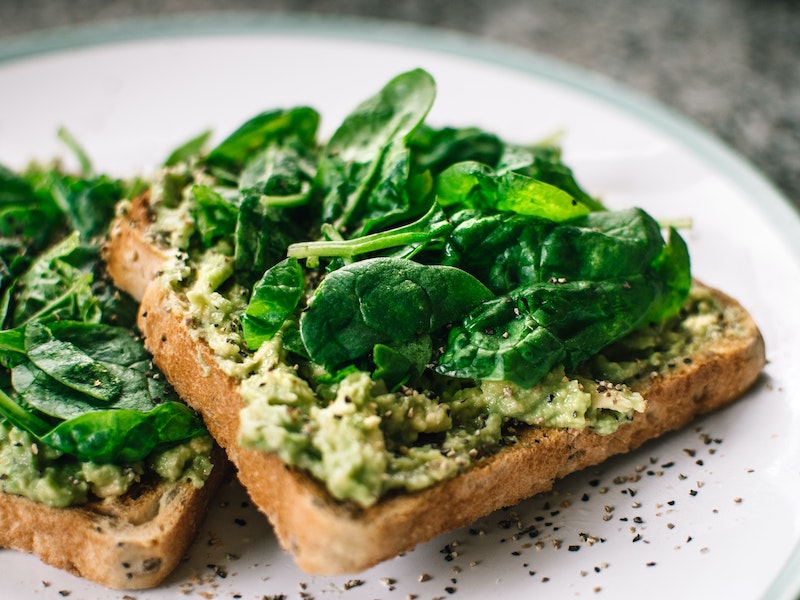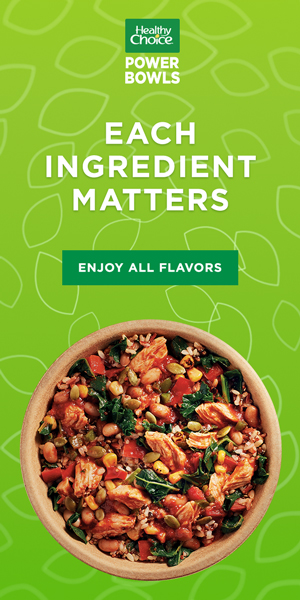
In recent years, organic farming has witnessed a steady rise in popularity since people are more aware of the health risks associated with their food. Nowadays, people are aware of the dangers of traditional food items that were unnoticed. There has been a significant increase in the number of untreated foods due to this increased consumption of Organic Food. The availability of healthy food items has increased dramatically due to the increasing quantity.
A Brief Overview of Organic Food
The overall management of farms and production of food, organic farming aims for sustainable agriculture, high-quality products, and practices that do not damage the environment or impair human, plant, and animal health and welfare. Here’s everything you need to know concerning organic food.
Which Foods Are Considered to Be Organic?
Organic food is food grown sustainably. The United States Department of Agriculture in the US as a governing regulator recognizes and certifies organic farms in which they are grown. For an organic farm to be certified, it must be free of chemical use for a specified time. Pesticides and fertilizers from industrial sources are required, and genetic engineering should not be used to alter a crop’s DNA. Antibiotic injections and genetic tampering must be kept out of livestock. It’s also important that the animals have access to outdoor space and aren’t kept in cramped quarters.
Organic food has many benefits
Organic food has the most benefits in terms of health and security. Chemical residues are eliminated because no industrial fertilizers or pesticides were utilized in the production process. The majority of the compounds listed here pose a risk, even in small amounts. If they are accumulated in large quantities, they can have devastating effects on the body, including contributing to the growth of cancer.
In addition, environmental contamination is reduced when chemicals are not used. Additionally, there is a major benefit in terms of better nutrition. When left to their own machines, the plants and animals produce more phytochemicals and antioxidants. Fresher and better-tasting food can be found in unprocessed foods.
Read more: Six Most Effective Diet Plans to Lose Weight
Buy Organic Foods
If you’re interested in buying natural food items, many choices are available. However, although this isn’t mandatory, purchasing straight from the farms or at an area farmers’ market is recommended. This is because fresher local food items are much more readily available in the market. They’re also cheaper because you don’t have to pay the high freight costs associated with buying items from a distant supplier.
The best time to purchase is during peak times. In the wake of the high demand, the prices have fallen dramatically. In addition, shopping in bulk can allow you to earn discounts on purchases. If you don’t have a local organic farm in your area, it is best to shop online to save time and money.
Recipes for Organic Food
More people are turning to natural food recipes instead of ones requiring conventional ingredients, making it much easier to acquire traditional ones. Numerous websites give various basic recipes for food if you type “organic food recipes” into Google. Recipes are also available in the local library. These recipes are crucial in helping you transition and maintain your healthy eating routine.

